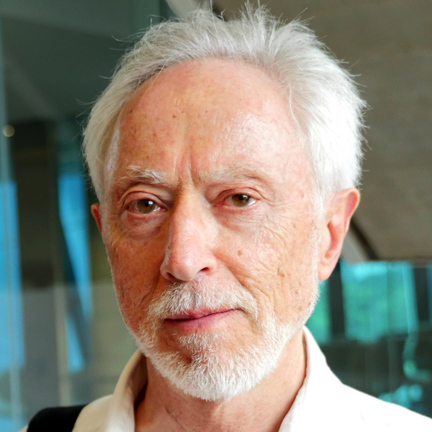Calibre Prize
Fellowships galore
For the eleventh year in a row, we seek entries in the Calibre Essay Prize – the country’s premier prize for an unpublished non-fiction essay. Calibre is now worth a total of $7,500. The winner will receive $5,000; the runner-up, $2,500. Both essays will appear in
News from the Editor's Desk in the June–July issue of Australian Book Review. The history of my onomastic apprehension and misapprehension about the big thing in the middle of Australia: It is called Ayers Rock. No, it is ... Patronage and ABR Private philanthropy has never been more important for the arts, as costs (and expectations) rise, and as traditional sources of funding and revenue become more unpredictable. ABR has had some success in this regard since entering the field two years ago, but June marks a turning point for us, with the formal launch of our philanthropy program in Melbourne, on 2 June. David Malouf, one of Australia’s most celebrated writers, is our guest speaker. There will be more such events around Australia in coming months. What a wonderful thing is the essay! What a hymn to the human mind and its vagaries and cogitations – to its humanness. All honour to Australian Book Review and the Cultural Fund of Copyright Agency Limited for celebrating it with the Calibre Prize – and, of course, to our prize-winning hymnists. To celebrate the essay with this degree of fanfare shows a certain amount of chutzpah, I think – of ‘courage’ in the Sir Humphrey Appleby sense of the word. (‘A courageous decision, Minister.’)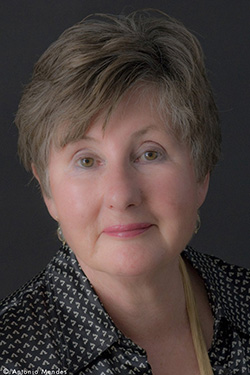
CALIBRE ESSAY PRIZE
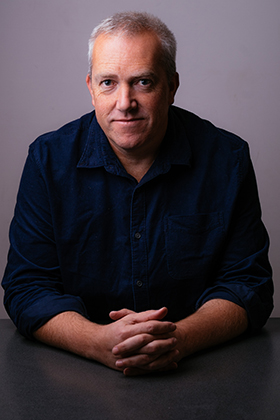 Michael Winkler (photograph by Chris Riordan)M
Michael Winkler (photograph by Chris Riordan)M
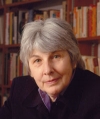 Sheila Fitzpatrick, a professor at the University of Sydney specialising in the history of modern Russia, is one of the world’s most influential Soviet historians. She is the author of two memoirs, My Father’s Daughter (2010) and A Spy ...
Sheila Fitzpatrick, a professor at the University of Sydney specialising in the history of modern Russia, is one of the world’s most influential Soviet historians. She is the author of two memoirs, My Father’s Daughter (2010) and A Spy ... 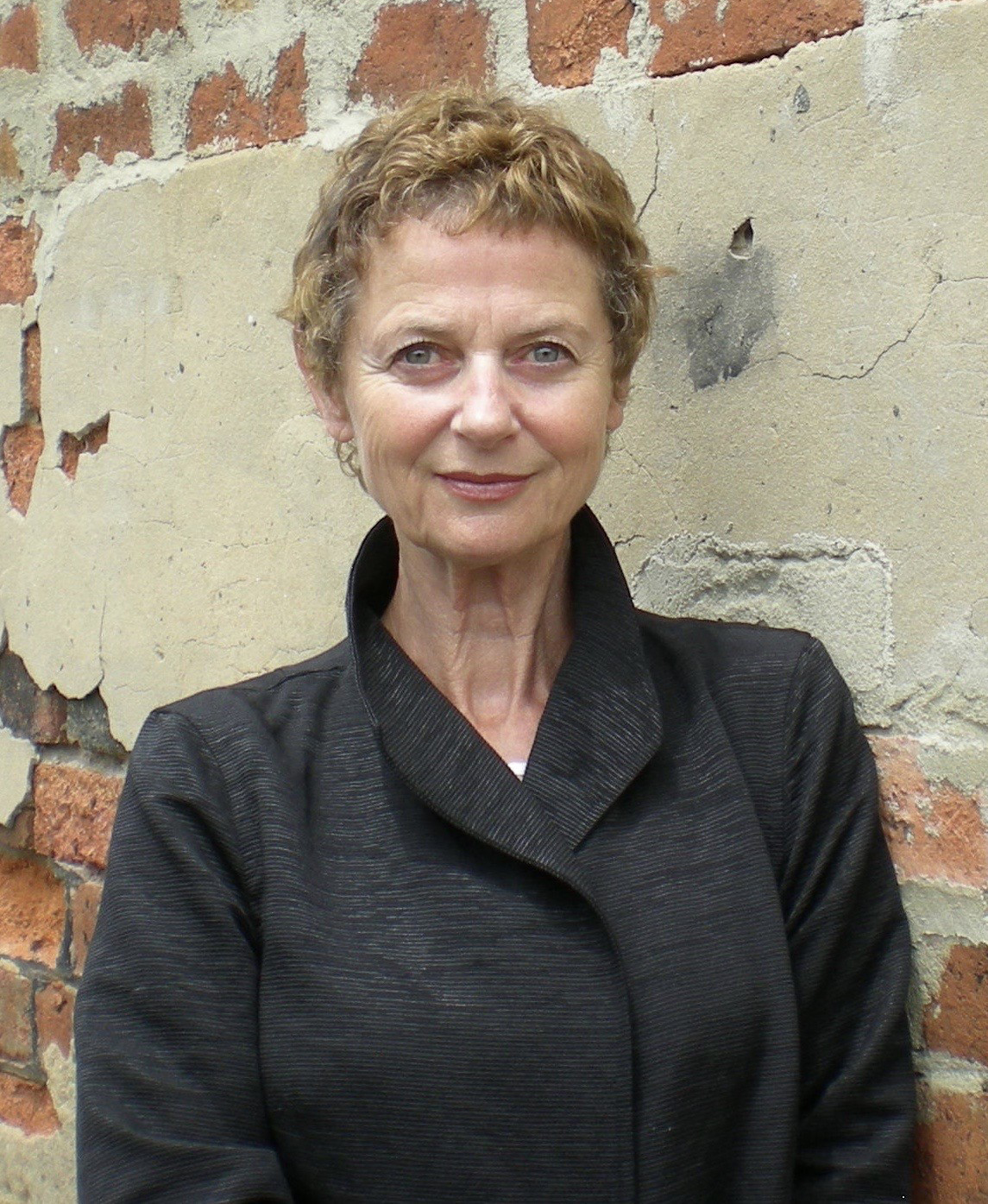 Andrea Goldsmith is a Melbourne-based novelist, reviewer and essayist. Her literary essays have appeared in Heat, Meanjin, Australian Book Review, Best Australian Essays, as well as numerou ...
Andrea Goldsmith is a Melbourne-based novelist, reviewer and essayist. Her literary essays have appeared in Heat, Meanjin, Australian Book Review, Best Australian Essays, as well as numerou ...

